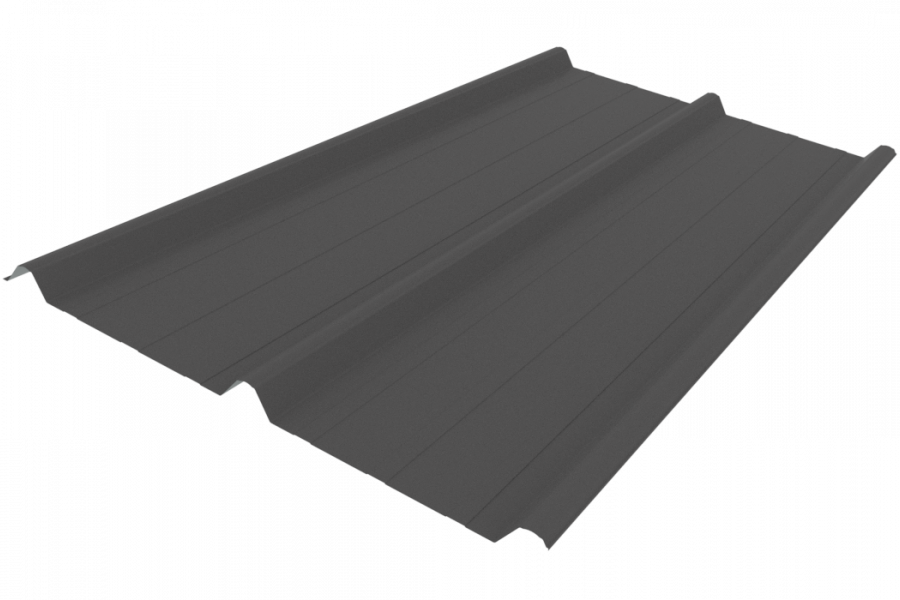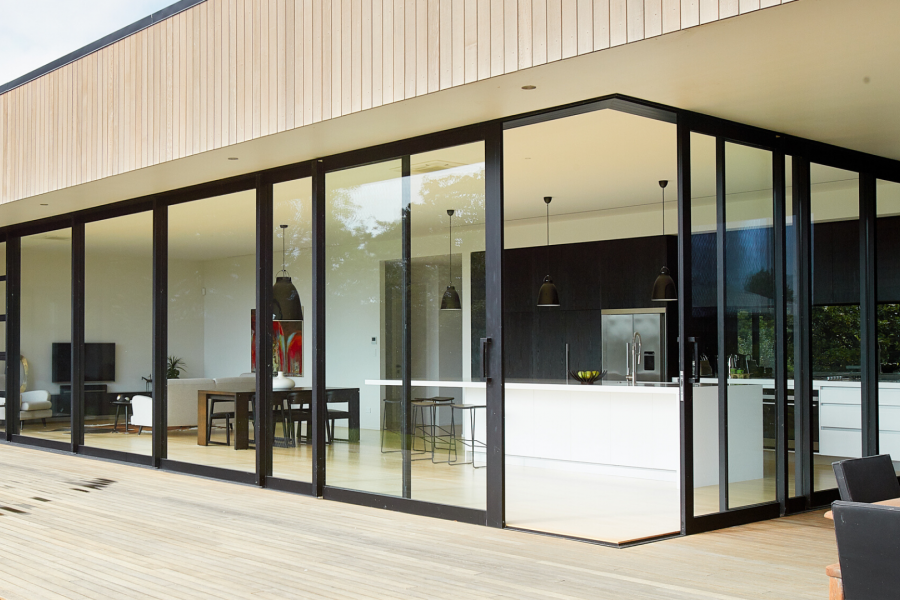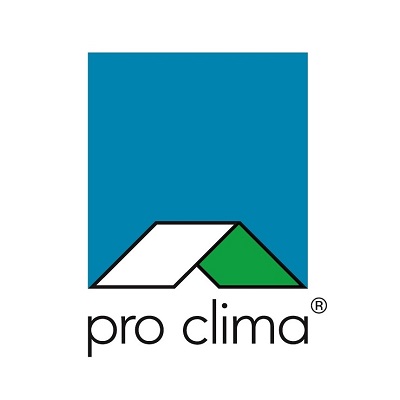While some may view the water test as an inconvenience, it provides site-specific information crucial for the selection of the most suitable waterproofing membrane for the project. This is especially important in 'brownfield' or 'saline' sites where existing soil and/or groundwater contaminants are present.
Water sampling
The water analysis starts with the project specification. Ideally, the sample can be obtained early in the project, such as during the hydrogeological investigation. More typically, however, the water sample is submitted during construction from a site de-watering system or sump. It is important that the water collected is representative of actual groundwater conditions at the site. This means it should not be mixed with surface water runoff or precipitation. If the site covers a large area and there is the potential for water quality variability, then individual samples should be tested.
Water samples should be placed in a 1L plastic bottles — supplied by Watercare — samples are then taken to Watercare for testing.
The compatibility test procedure
When a water sample is received at Watercare laboratory, three screening tests are performed to assess compatibility:
- pH: Indicates if any strong acids or bases are present; these chemicals can damage bentonite clay. It would be unusual to measure pH that is not close to neutrality (7.0).
- Conductivity: Indicates strength of dissolved salts in the water. Because salts can hamper the swelling and sealing properties of bentonite, this is a very useful indicator parameter and is used to determine whether standard or contaminant-resistant products are evaluated.
- Total Dissolved Solids: Is used as an indicator test to determine the general quality of water. If these levels are too high for standard Voltex or Voltex SWR (saltwater) then an APC (Active Polymer Core) membrane such as Coreflex would then be considered. Allco uses these test results to provide project-specific guidance as to which Volclay Waterproofing products will perform effectively when in long-term contact with the site water.
Test results
The pH and conductivity test results serve as indicators of key water quality parameters but do not measure waterproofing performance. If the pH is outside the 5-8 range or if the conductivity exceeds 2,500 us/cm-1, saltwater resistant (Voltex SWR) membrane will be considered suitable for the site.
It should also be noted that in exceptionally contaminated (saline) waters, it is possible that the Voltex SWR would not perform sufficiently. When contaminated or high levels of saline are found on site Allco will make a recommendation for the use of Coreflex system instead.
Allco offers a wide range of below-grade waterproofing solutions with varying levels of chemical resistance. Understanding the unique characterises of each site ensures the selection of the right waterproofing membrane ultimately guaranteeing the best protection for the building.
If you have any questions regarding our membranes or choosing the right waterproofing for your project please email our technical team on [email protected]






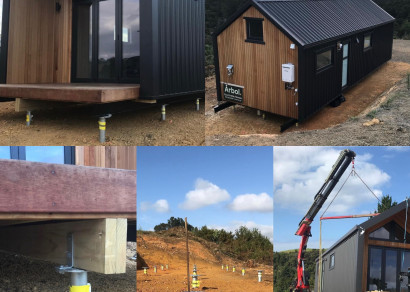


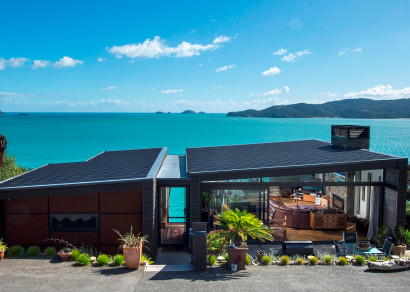
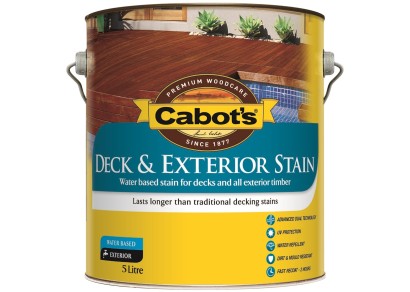


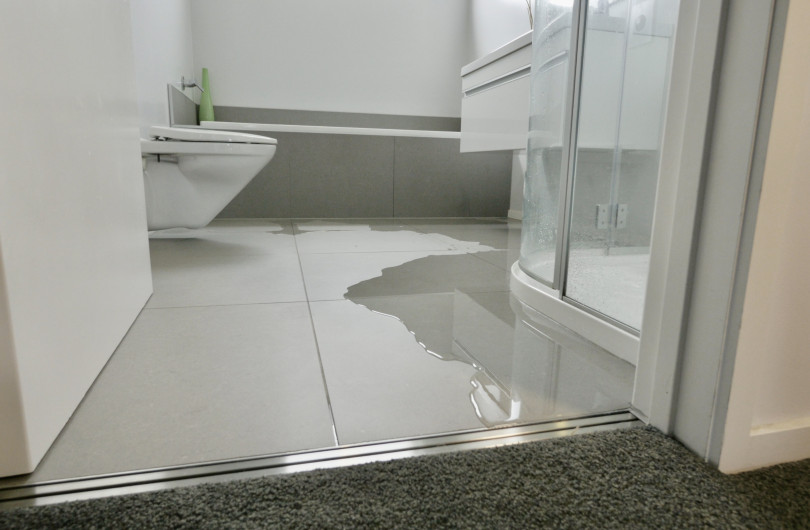
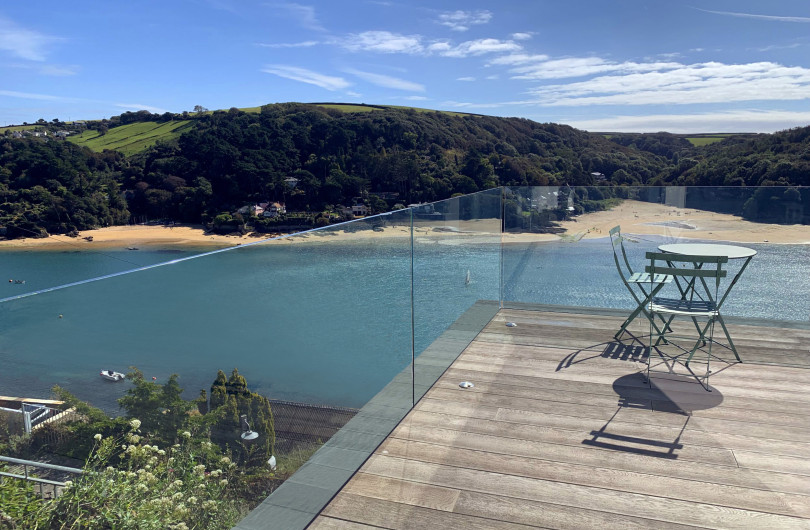
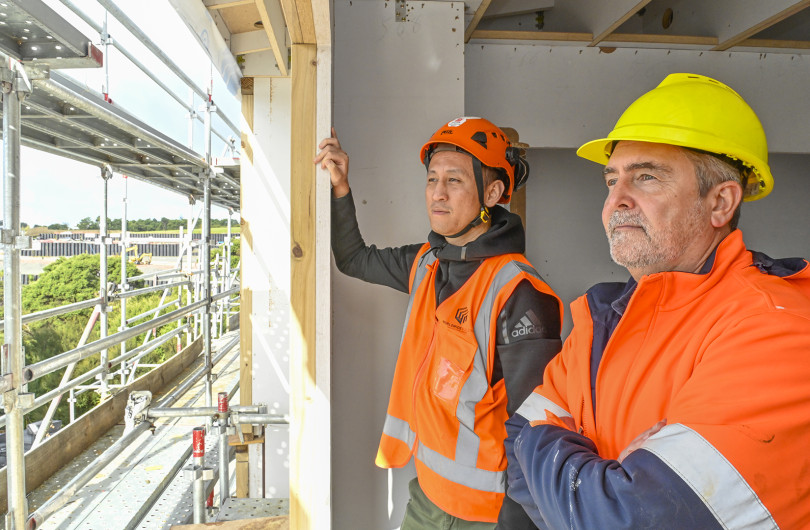
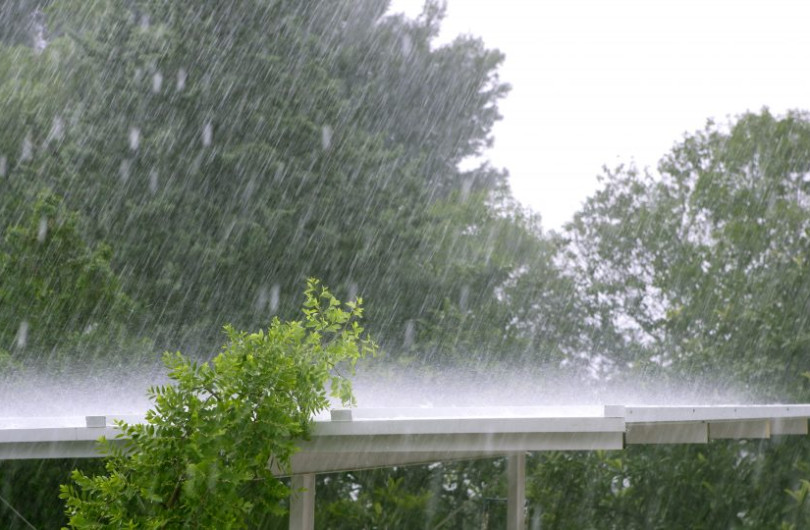

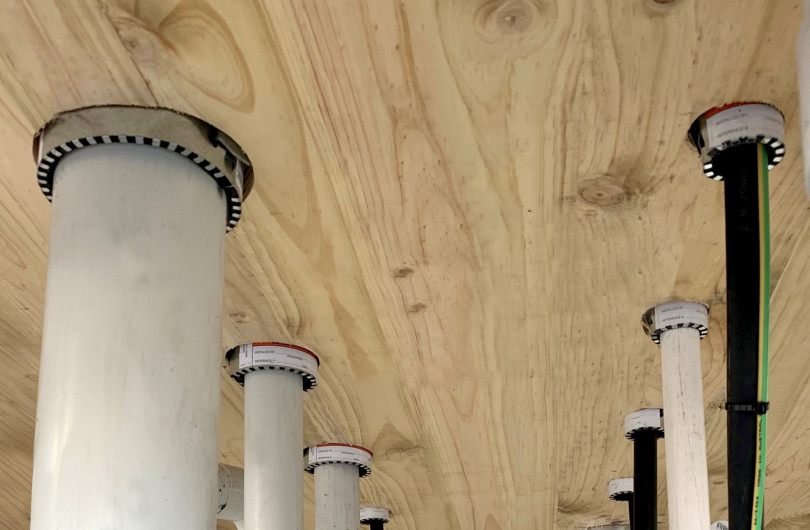

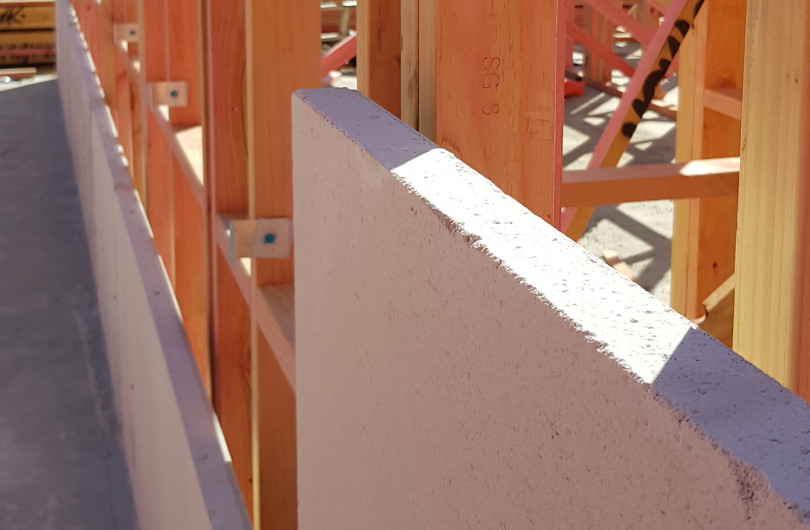




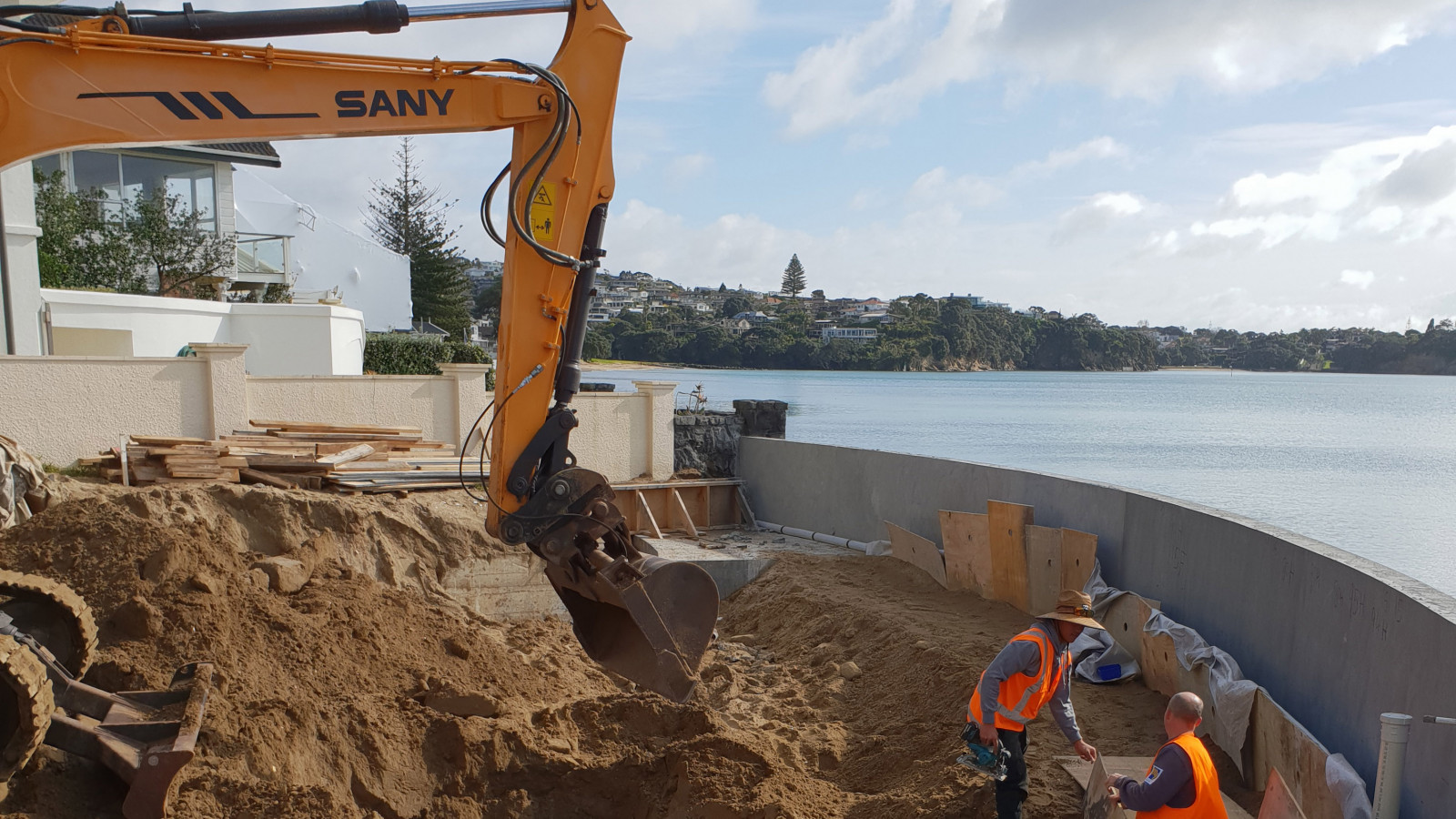



 Most Popular
Most Popular Popular Products
Popular Products
